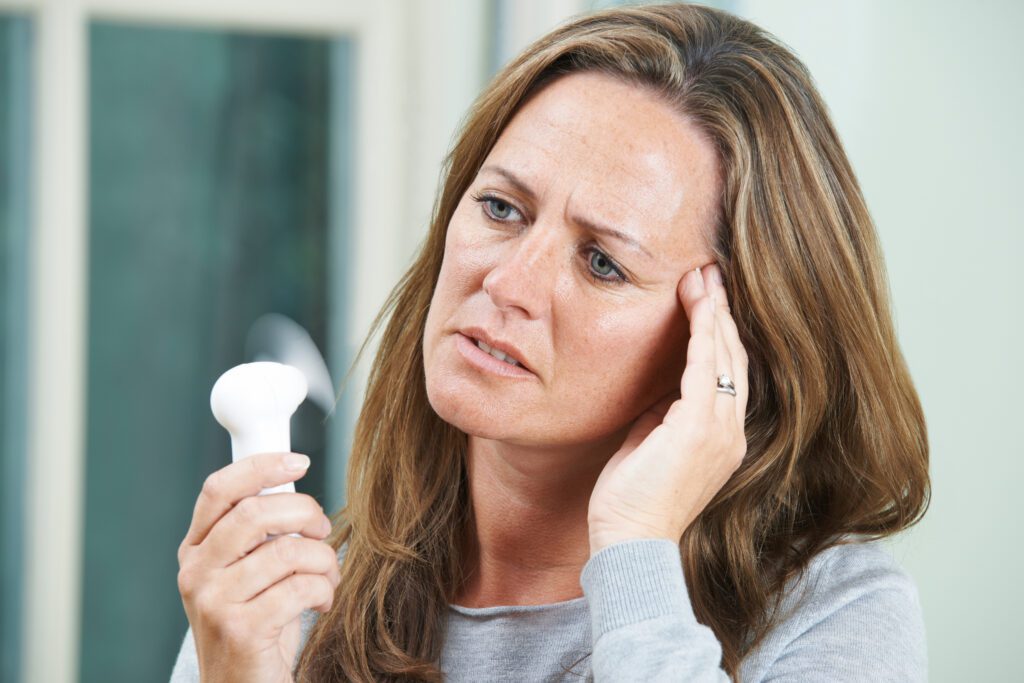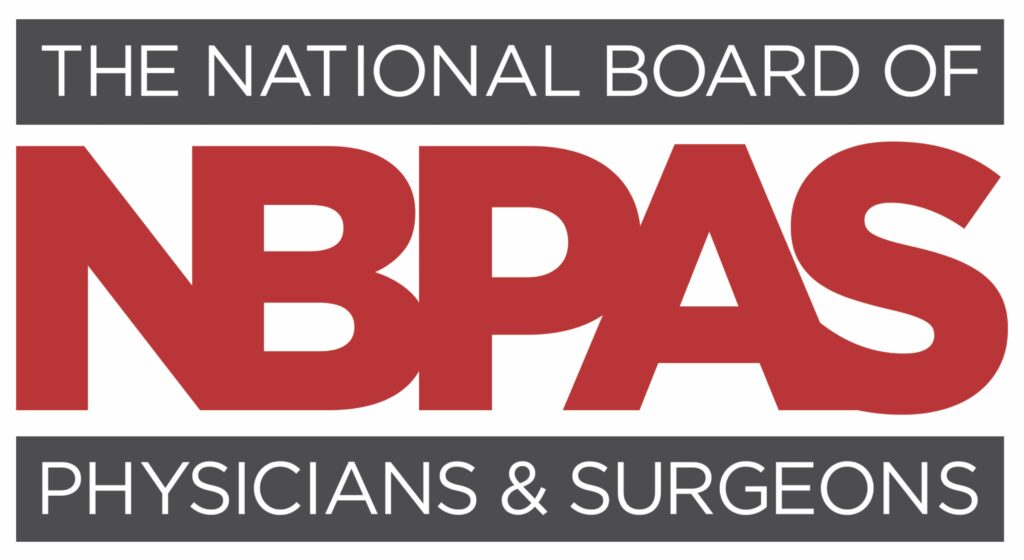
Menopause is not something that you need to be nervous about. It is a natural part of the aging process that every woman will go through. Instead of being concerned about what could happen, you can take steps to prepare for your future. If you believe that you are entering menopause, you may want to keep an eye out for the following signs.
What Is Menopause?
Menopause is a natural biological process that marks the end of a woman’s reproductive years. There are three stages of menopause:
- Perimenopause: This is the transition period in which your body naturally ages into menopause. This stage can last a long time, even up to 10 years, and can start while you are in your 40s. The average age a woman is officially considered to be in menopause in the United States is 51. During this time, you may experience several symptoms, including but not limited to hot flashes, night sweats, and mood swings.
- Menopause: When you have not menstruated for 12 consecutive months, you will be in natural menopause. At this time, your ovaries are no longer able to produce estrogen, and you will not be able to get pregnant.
- Postmenopause: This is the period of time that follows natural menopause once your body has adjusted to the decline in estrogen production and lasts for the remainder of your life. It is important to note that there may be an increased risk of certain health conditions, including heart disease and osteoporosis, during this time.
7 Signs Menopause Is Coming
So, what are the signs of getting menopause? As a woman approaches menopause, there are several things to watch out for, such as changes in menstrual periods, hot flashes, night sweats, mood swings, and more. While these symptoms may be alarming, rest assured that they are a natural part of aging..
1. Your Period Is Changing
Having an irregular period is a common and easy-to-spot menopause symptom. What makes it confusing is the degree to which you are experiencing it. You may get your period more than usual, you could start to experience heavier bleeding, or your period bleeding may begin to slow down. It can be difficult to determine how long a specific period will last and if the flow will be heavy or light. You may even go months without experiencing a period; however, you are considered to be officially in menopause when you don’t have a period for 12 consecutive months.
2. You Are Experiencing Hot Flashes
You may be noticing that your skin is getting hot and splotchy out of nowhere. Many women describe this as a sudden ‘flash’ of heat, mostly to the upper body, such as the face, neck, and chest. Hot flashes are a common sign that menopause is coming. Unfortunately, this menopause symptom can last for a long time–potentially up to seven years. Not only can you feel physically unwell when experiencing hot flashes, but you may also notice increased anxiety levels.
Declining estrogen levels can affect your hypothalamus, which is your body’s natural thermostat.
3. You Have Mood Swings
Countless things can affect your mood every day. While your hormones are changing, added pressure from your personal or professional lives can also worsen your mood and create a stronger sense of anxiety or depression.
It is important, especially if you have never felt the massive burden of anxiety or depression, to reach out to those close to you or medical professionals who can guide you during this time.

4. You Wake Up Sweaty
Sadly enough, hot flashes may not always occur while you go about your day; they can also happen while you sleep. You may find yourself waking up in a pool of sweat. In the worst of cases, the symptom can be so severe and can disturb your sleep and cause you to wake up in the middle of the night.
Every woman is different, meaning that night sweating can last for a few seconds, minutes, or all night. It is important to remember that these occurrences are completely normal and are a natural part of the perimenopause and menopause processes.
5. You Are Experiencing More Vaginal and Bladder Infections
Some menopause symptoms can be more irritating than others. One of these is you are at an increased risk of developing vaginal and bladder infections. Vaginal and bladder infections are common conditions that women may experience during menopause, typically due to changing hormone levels. Vaginal infections, such as yeast infections or bacterial vaginosis, can cause symptoms like itching or burning.
As your body creates less estrogen, your vaginal tissues may lose lubrication and elasticity. Women have also reported that this symptom can make intercourse more painful, and your desire for sex may change.
6. You Are Having Trouble Staying Focused
While your hormones are rampant, you may notice that you lose focus easily or forget things quicker than usual. Similar to a heightened level of anxiety or depression, the changes in your hormones can affect cognitive functions, making it difficult for you to concentrate or remember things. It is important to prioritize your mental health during menopause and seek support if you struggle with these symptoms.
7. You Are Having Trouble Sleeping
If you have never experienced problems with sleep and are suddenly finding it difficult to fall asleep, or you are constantly waking up throughout the night, this may be a sign that menopause is approaching. Luckily, some medications or natural remedies can help you sleep better at night.
How to Deal With Menopause
Recognizing the signs that menopause is coming can help women prepare for this inevitable transition. While menopause can bring challenges, there are many ways to manage symptoms and maintain overall health. Additionally, while you may be experiencing symptoms of menopause, they may not always be directly related, which is why it’s important to speak with your provider.
Mirabile M.D. is a trusted gynecology and hormone provider in Overland Park, Kansas, offering various services and treatments to support women during menopause. If you are experiencing the symptoms of menopause, turn to a trusted professional and contact Mirabile M.D. today.

